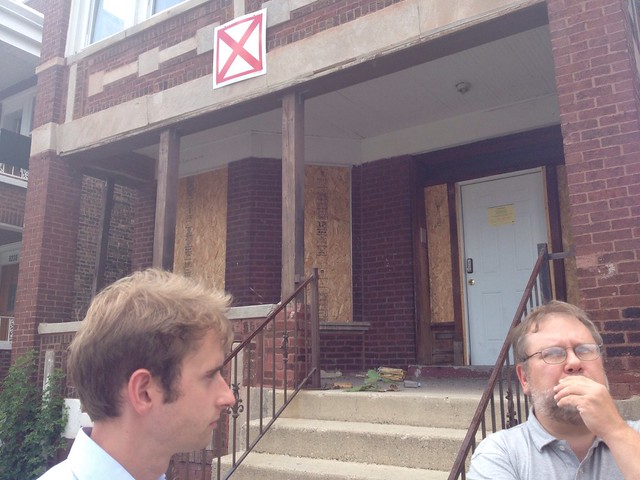Today the City of Chicago launched the City of Chicago Data Dictionary, a single, comprehensive database catalog for the City of Chicago and City of Chicago sister agencies. The data dictionary contains detailed information on every data set held by City agencies and departments, how and if it may be accessed, and in which formats it may be accessed.
The City of Chicago Data Dictionary marks an important advance in open government data because it provides vast insight into how local government works. In concert with the City’s data portal, which is one of the largest raw data stores for a municipality anywhere, residents can now download available data, as well as examine the structure of all the data the City uses to make things work around here.
Tom Schenk Jr, Director of Analytics and Performance for the City of Chicago, announced the launch at the Code for America Summit in San Francisco. The City also published the underlying code for their data dictionary (titled “metalicious”). This code allows governments, businesses, and nonprofits– any organization that maintains multiple databases– a great resource for publishing their own data dictionaries.
Continue reading →



